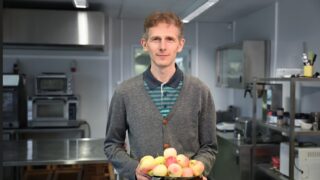Members

Head of the research team
Publications
Projects
Recognitions
Acknowledgement for supervision of the Kaspar Valgepea’s doctoral thesis winning the first prize at the competition of Estonian student thesis
The best young scientist of Tallinn University of Technology
2nd prize (shared) for my master’s thesis in Estonian national competition of student scientific works 2006, in category Natural sciences and engineering, master’s level students.